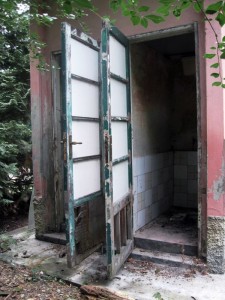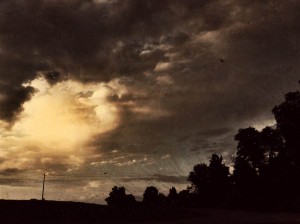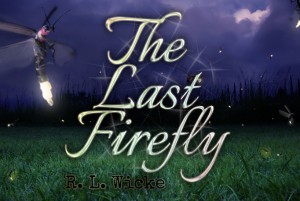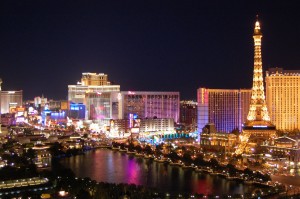Overgrown by
Joakim Olofsson
Friends and Children,
In the year 2101, humanity fell asleep. Most never woke again and the few that did scrambled to survive as the human infrastructure fell apart. Power grids failed. Food sources dried up overnight. Fire and flood raged unchecked. The remnant of humanity sat by a fire made of their possessions eating beans out of a can and telling sad stories.
Disconnected from safety of our power grids, we had no heat but what we could burn and no food but what we could steal from the dead. Generators helped us play at civilization for a time, but eventually the gasoline stores dried up. Batteries were used up and then tossed away by the hundreds, the thousands. We had no friends left but our solar-powered calculators and our pods. We could comfort ourselves with the music of the old world, but we couldn’t call each other up to say hello.
For the first five years, we looked for a savior, someone who had the knowledge to turn everything back on, but none came. There weren’t enough of us left. So we slogged along, always a little hungry, always a little cold, always a little lonely.
We died in desperation, one at a time, until there were almost none left.
We believed it was the end of the world.
And it was, in a way. But I’m sorry – I won’t bore you with the details. You’ve heard this story already from your parents and from your friends and from your teachers.
You will remember, then, that thirty years later, one small civilization budded in the ruins of New York City. In those days, most of America was wild and largely uninhabited. There were clusters of men near the safest places – the Nova Lenape in Jersey. The Old Order Amish in Pennsylvania and Ohio. They say, that a great peaceful commune once domesticated the mild jungles of San Diego. I have no way to confirm this, but also no reason to doubt it. For the most part, empty suburbs and burnt hulls of cities dotted America’s landscape. We had no power sources and no king. But in New York, there were still people, enough to love and steal and kill. Enough to be classed and ruled. And so a council of seven men presided over the boroughs as judges, decreeing right and wrong. Who was allowed to reside in safety and who had to leave. Who could work in peace and who had to hide in the shadows.
I was born at the same time that the judges convened. My mother and I, we were among those who lived in the shadows.
Today I will tell you the story of a man named Alexander Jackson, though history simply calls him Lux. Lux was the 7th of the judges, a single man among the council. The youngest. The least learned. The roughest of hands. The simplest of speech. He was a working man who sought to rebuild the Bronx with common sense and his own hands. Eventually the justice of the boroughs – and the fate of the world – would depend on him.
But first, he became my father.
And that’s the story I am going to tell you today.
-Summer
S.E.H.
July 4, 2176










